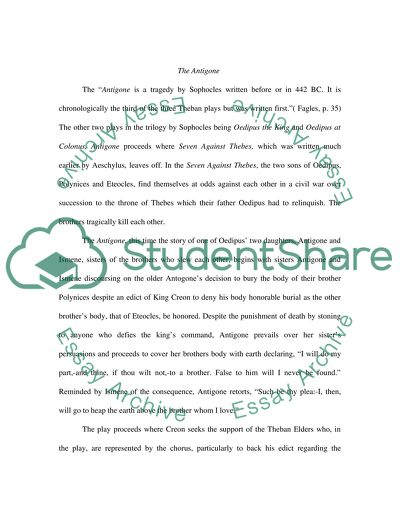Cite this document
(“Domestic Influences in the Greek and Roman Theaters Essay”, n.d.)
Domestic Influences in the Greek and Roman Theaters Essay. Retrieved from https://studentshare.org/miscellaneous/1520005-domestic-influences-in-the-greek-and-roman-theaters
Domestic Influences in the Greek and Roman Theaters Essay. Retrieved from https://studentshare.org/miscellaneous/1520005-domestic-influences-in-the-greek-and-roman-theaters
(Domestic Influences in the Greek and Roman Theaters Essay)
Domestic Influences in the Greek and Roman Theaters Essay. https://studentshare.org/miscellaneous/1520005-domestic-influences-in-the-greek-and-roman-theaters.
Domestic Influences in the Greek and Roman Theaters Essay. https://studentshare.org/miscellaneous/1520005-domestic-influences-in-the-greek-and-roman-theaters.
“Domestic Influences in the Greek and Roman Theaters Essay”, n.d. https://studentshare.org/miscellaneous/1520005-domestic-influences-in-the-greek-and-roman-theaters.


